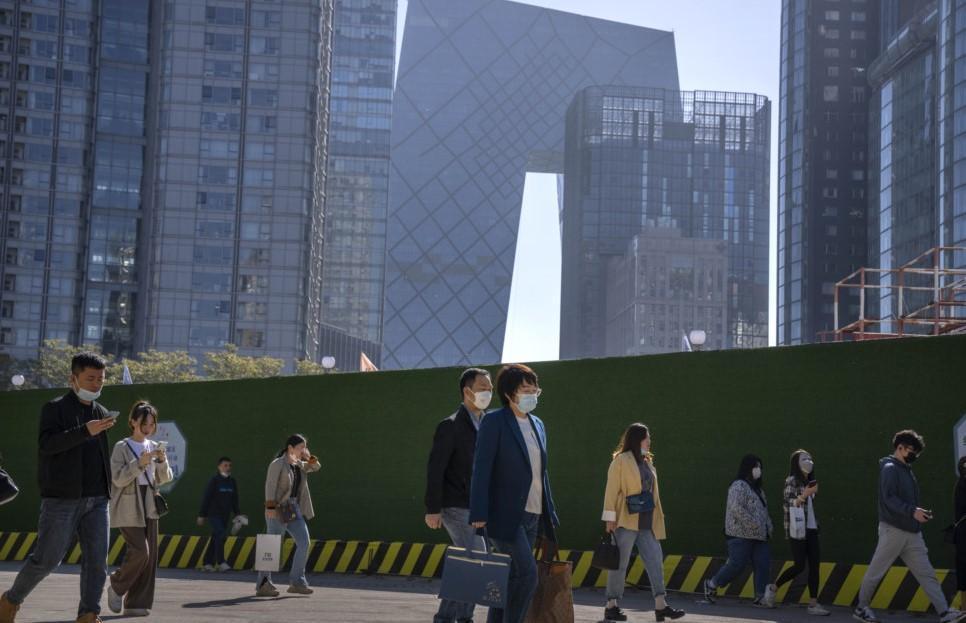
China’s gross domestic product grew 4.5 percent in the first quarter of the year, boosted by increased consumption and retail sales after authorities abruptly abandoned the stringent “zero-COVID” strategy.
The growth in the world’s No. 2 economy from January to March compared to the same period in 2022 was the fastest in the past year, and outpaced the 2.9 percent growth in the previous quarter, according to government data released yesterday.
The higher-than-expected rise in GDP comes amid a rebound in consumption, as people flocked to shopping malls and restaurants after harsh COVID-19 restrictions were removed.
Analysts initially pegged economic growth to be about 4 percent.
In March, total retail sales of consumer goods went up by 10.6 percent year on year, and grew 7.1 percentage points compared to the first two months of the year.
“The combination of a steady uptick in consumer confidence as well as the still-incomplete release of pent-up demand suggest to us that the consumer-led recovery still has room to run,” said Louise Loo, an economist at Oxford Economics in a note.
But while consumption and retail sales have grown, other economic indicators with weaker growth such as industrial output and fixed-asset investments indicate an uneven recovery.
Slowing price indices also point toward inadequate demand.
Industrial production output grew by 3.9 percenr in March compared to the same time last year.
Fixed-asset investment rose by 5.1 percent in the first three months of 2023 compared to the same period last year. The growth was down from 5.5 percent in the first two months of the year.
Earlier this year, China’s government set this year’s economic growth target at “around 5 percent.”
Last year’s growth in the economy fell to 3 percent, hampered by anti-virus controls that caused snap lockdowns and kept millions at home, sometimes for weeks on end.
GDP is expected to accelerate on a year-on-year basis given Shanghai’s COVID-19 lockdowns last year, which impacted the economy, according to Oxford Economic’s Loo, who said that growth is expected to slow in the second half of the year.
“The fading of consumption momentum, the winding down of fiscal stimulus, and a weaker incoming external demand would put downward pressure on domestic growth in H2,” she said.